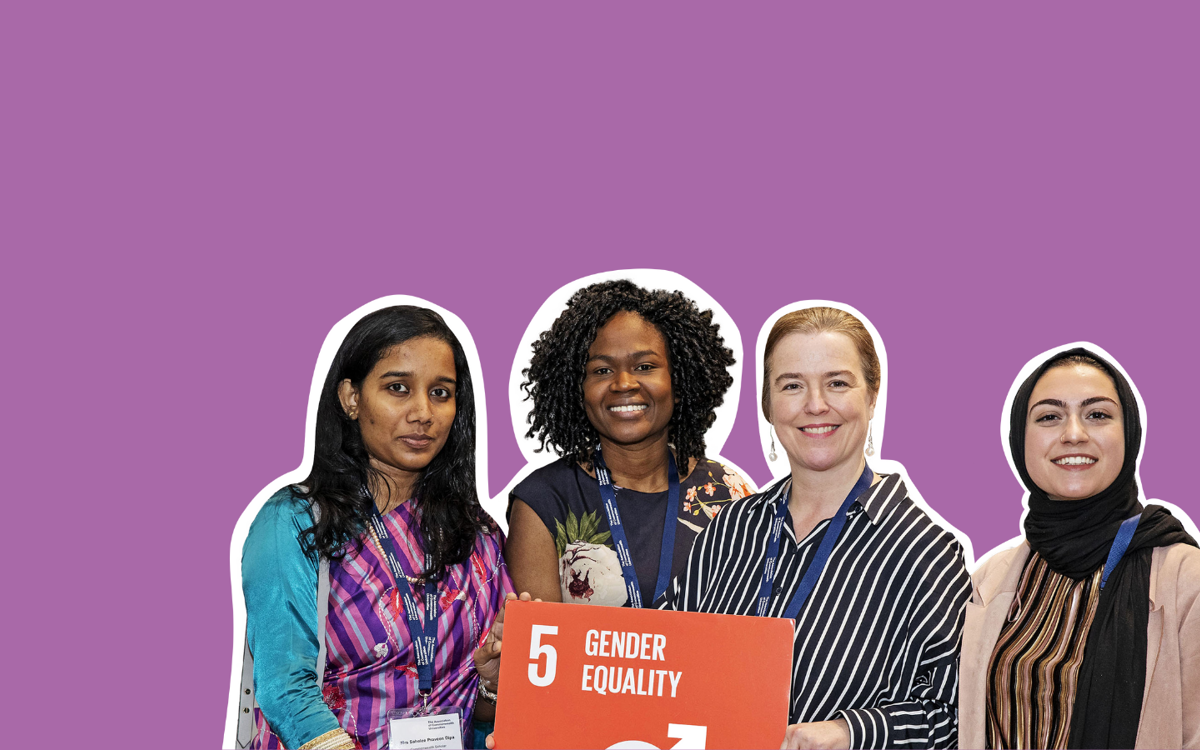
On International Women’s Day and Commonwealth Day, students, university staff, researchers and our partners reminded us that we have so much to be proud of as they responded to the question – How will you help to build a gender equal world? The question was inspired by the International Women’s Day theme of choosing to challenge bias, and here is a glimpse of what our members had to say.
ACU Gender Grant recipient, the University of Northampton, UK, plans to challenge gender bias and inequity through their project Supporting Women's Writing in the Time of Covid-19. The project was set up in early 2021 to address systemic barriers to female academics’ research and writing. The project has two related strands: helping women develop their own writing practice within a community of other female researchers and identifying wider systemic barriers to research progress and outputs at the University.
Happy #InternationalWomensDay! At @UniNorthants we are proud recipients of an @The_ACU gender grant and we #ChoosetoChallenge gender bias and inequity through our project Supporting Women's Writing in the Time of Covid-19.@FASTresearchUON @UniNhantsNews @BBCNorthampton pic.twitter.com/WVuRgYkOcd
— HistoriansUoN (@HistoriansUON) March 8, 2021
Queen Elizabeth Commonwealth Scholarship (QECS) scholar Ajra A Mohamed, at the University of Mauritius, is helping to build a gender equal world by encouraging young girls and women to pursue careers in STEM and helping those already in STEM careers to excel. She is also inspiring young women and girls by being a role model and a mentor working together with NGO’s and global initiatives such as the Cherie Blair Foundation for Women, where she was a mentee for their ‘Mentoring Women in Business' programme back in 2014 and then a mentor three years later till now, Forum for African Women Educationalists and the Global Give Back Circle.
QECS alumni, Montgomarley Phimba, Communications Officer at the Department of Agriculture Extension Services in Ministry of Agriculture in Malawi, is helping to build a gender equal world by highlighting the need to address gender disparity in agricultural programmes. Through his work, he is supporting an effort to combat the dangers of promoting gender imbalances in the agriculture sector. His work is aiming to drum up understanding on the need for promoting gender issues in the day-to-day agriculture extension services in Malawi.
'We want to drum up understanding on the need for promoting gender issues in our day-to-day agriculture extension services'
— The Association of Commonwealth Universities (@The_ACU) March 8, 2021
Montgomarley - #QECS alumni and Communications Officer at the Ministry of Agriculture in Malawi🇲🇼- talks to us about gender disparity in agriculture 👇 pic.twitter.com/cWyiq6maV9
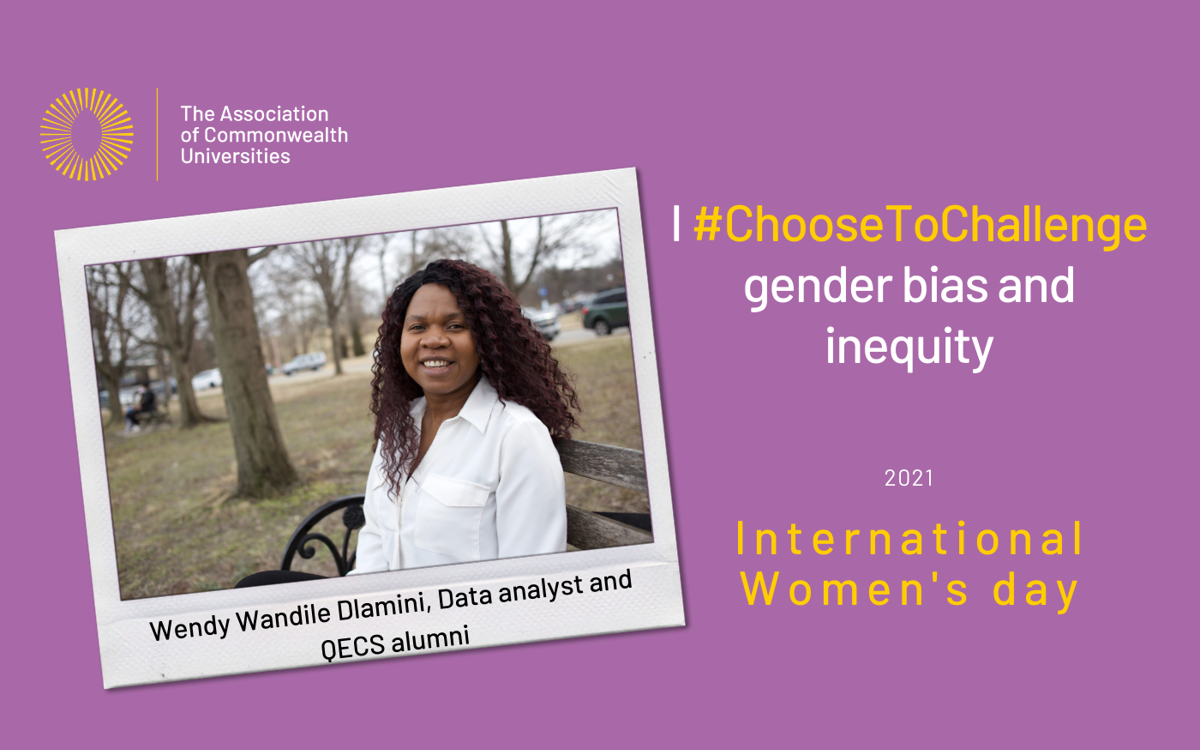
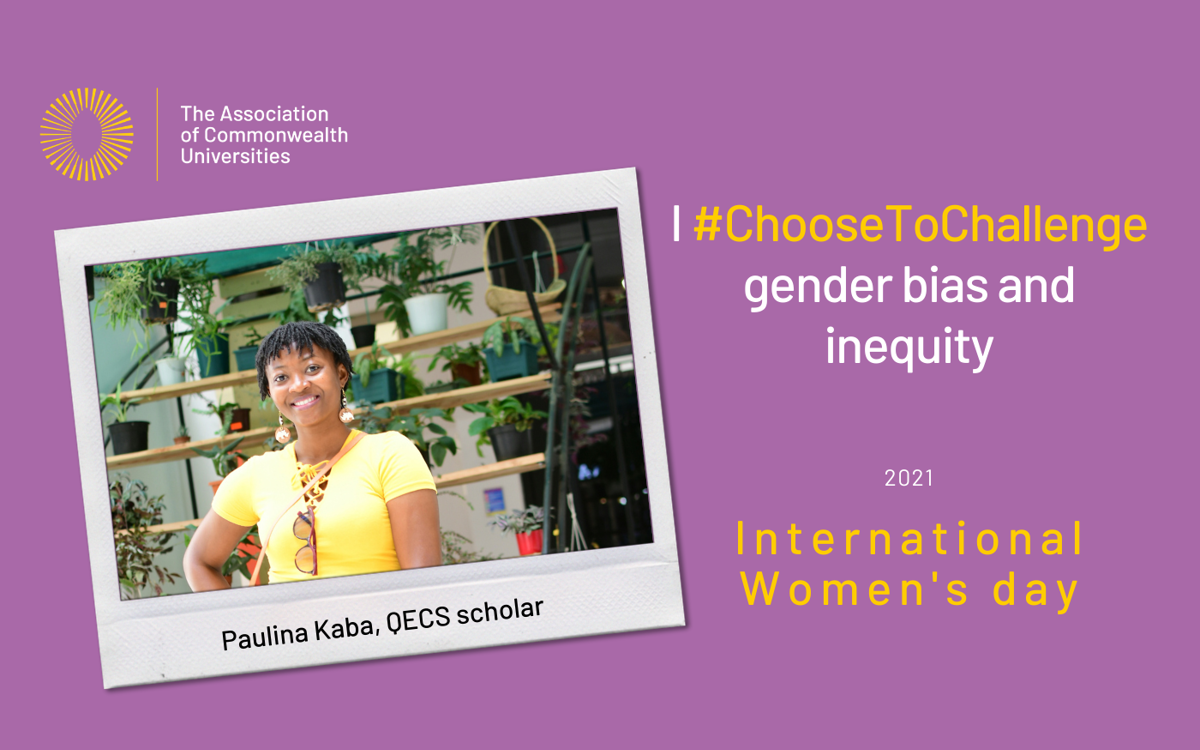
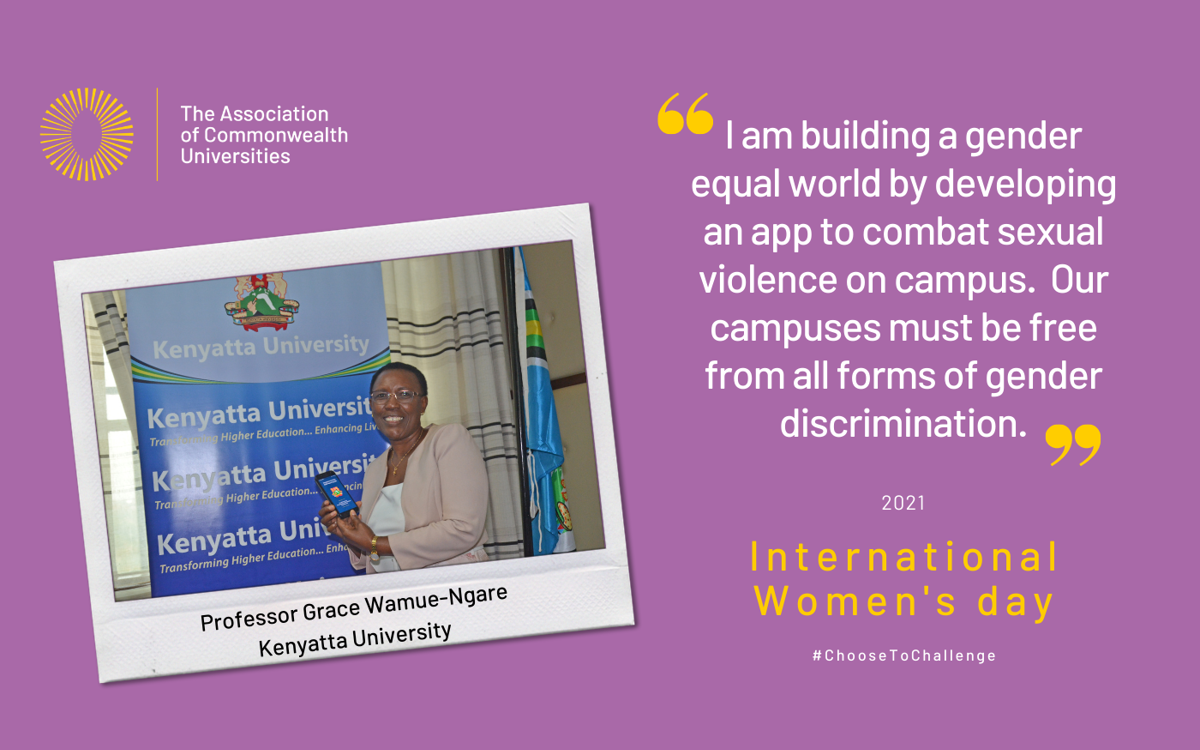
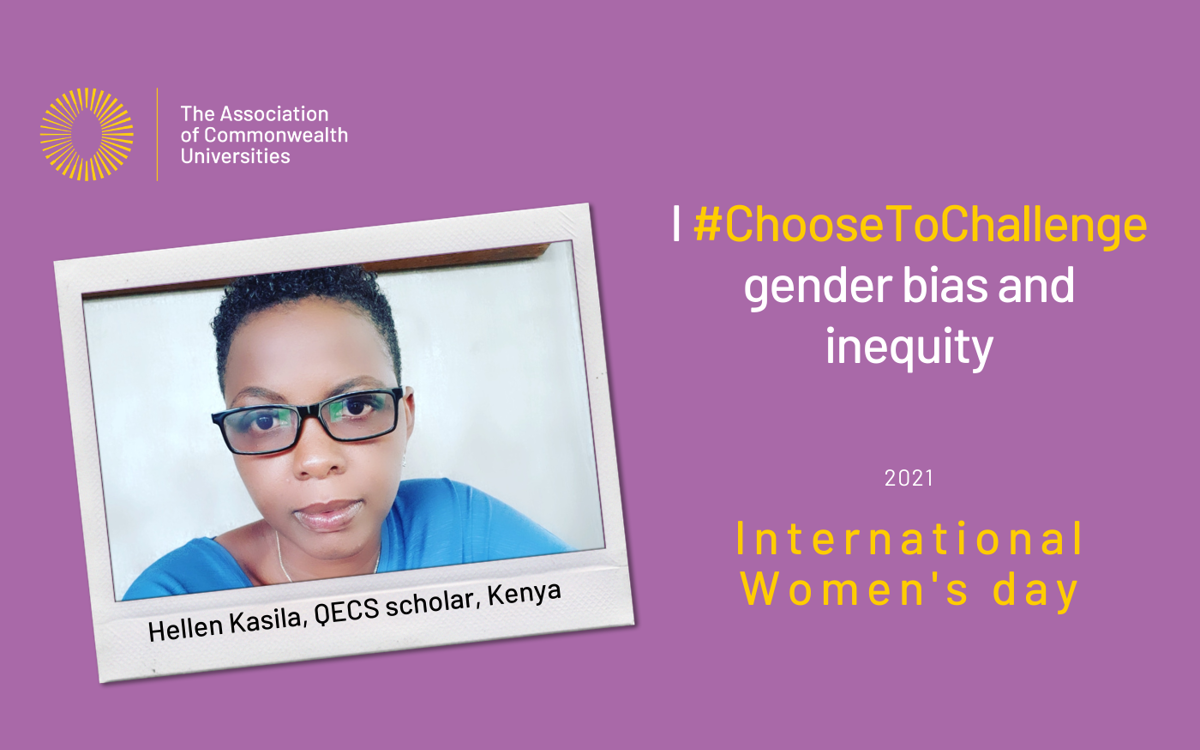
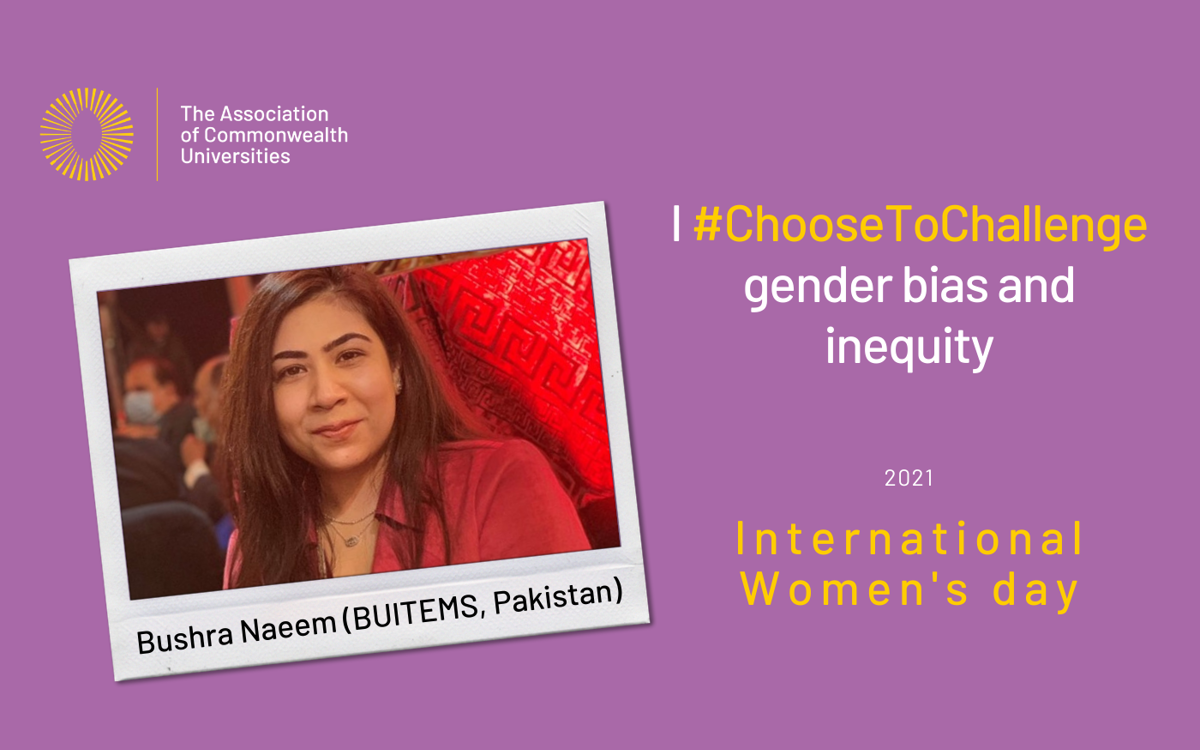
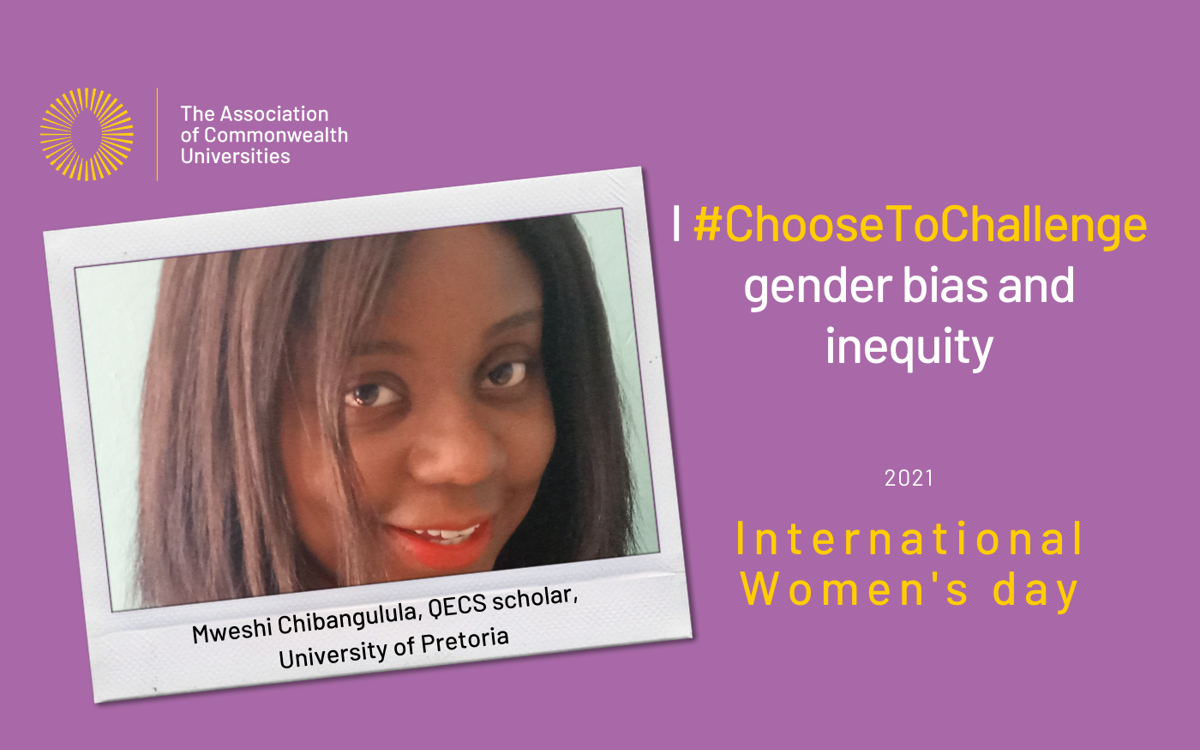
By leveraging our extensive network of 500 + universities, the ACU champions the power of international collaboration to help our members address gender issues such as sexual harassment and driving female leadership. At the ACU, we know that simply expanding access to educational opportunities for women and girls is important but not enough on its own. This is why we support our members to actively advance gender equity and equality through grants, programmes, scholarships, and fellowships.
The ACU Gender Grants and Martha Farrell Fellowships equip members with the practical tools to implement initiatives that make a positive and lasting difference to their faculty and students. We take great pride and responsibility in creating opportunities which make this possible for universities.
One grant can make a huge impact on the lives of many. Grace Wamue-Ngare, Associate Professor of Gender and Development Studies at Kenyatta University, is just one an example of this. To make campus spaces safer for all, Grace developed an app for students to report sexual harassment, violence, and gender discrimination. Armed with a single ACU grant, Grace developed a solution to support an entire student population. This is where see value in our work - supporting universities means affecting change which goes beyond the individual to help create fairer, inclusive communities and societies.
We look forward to strengthening our commitment to driving gender equity and equality across the Commonwealth.

